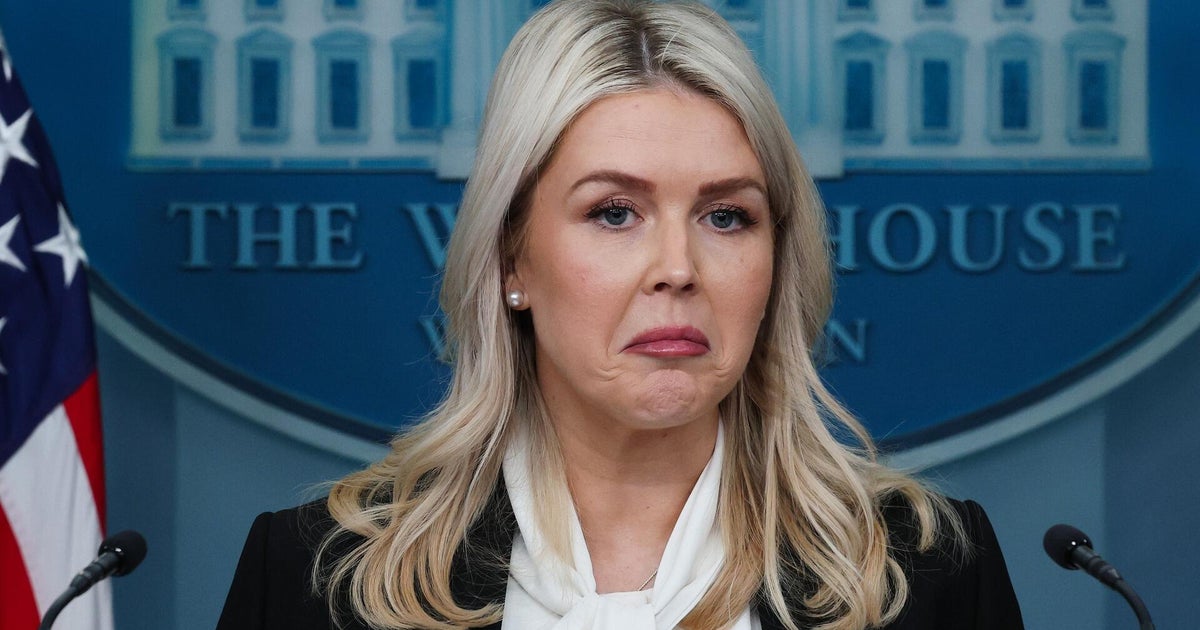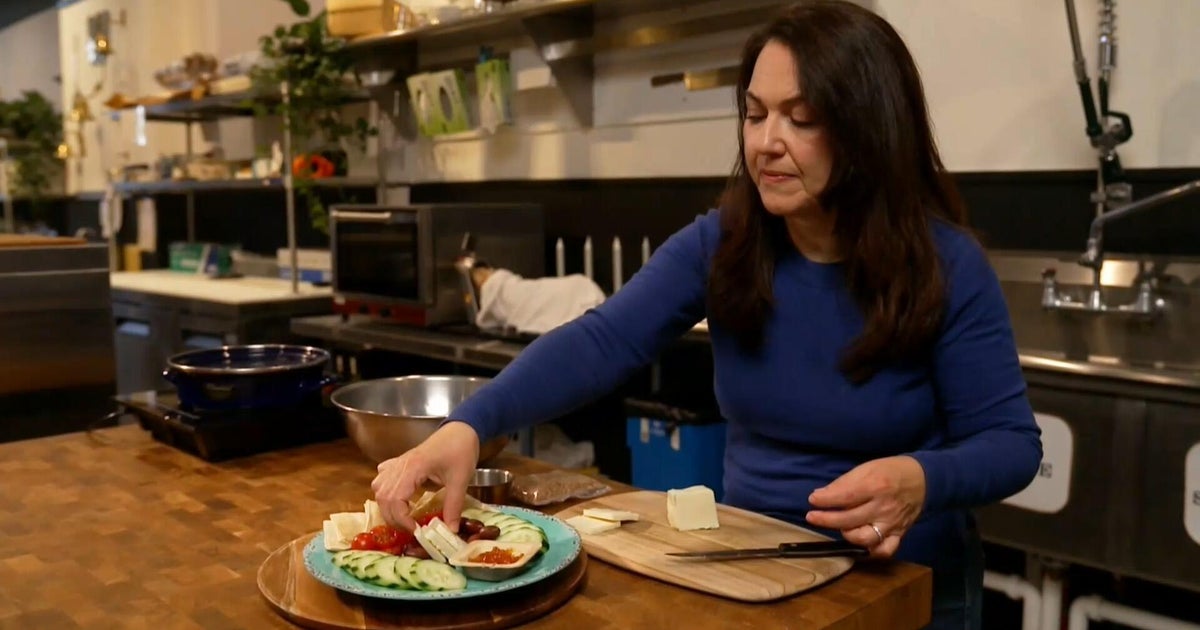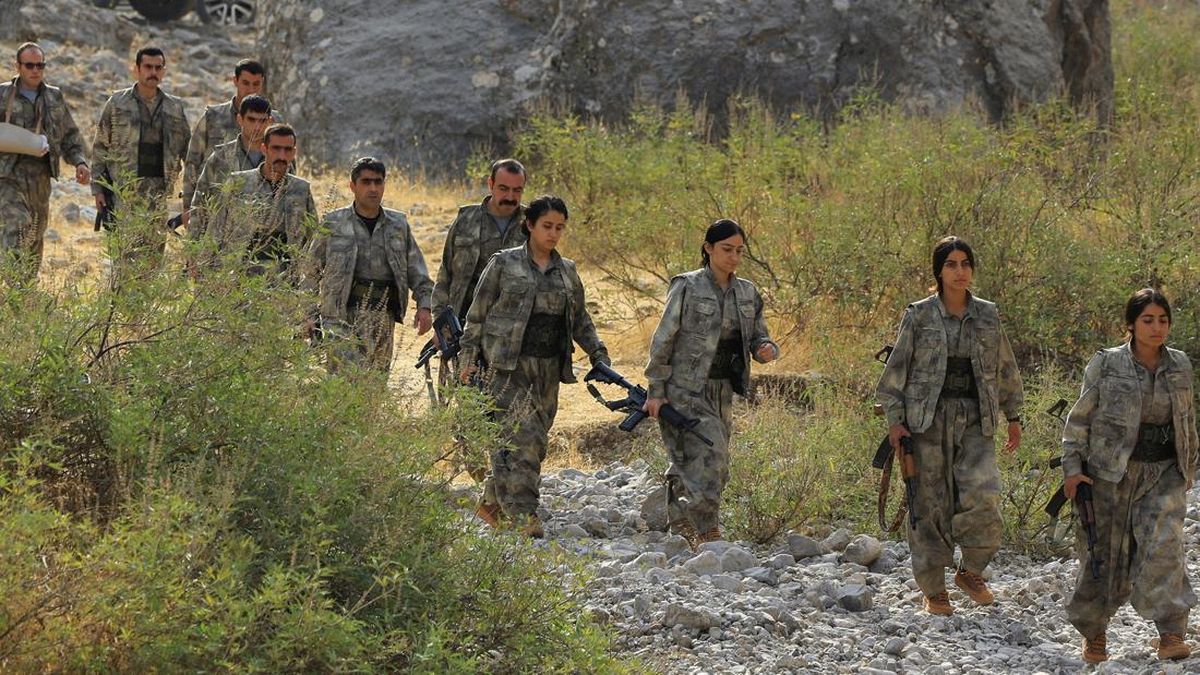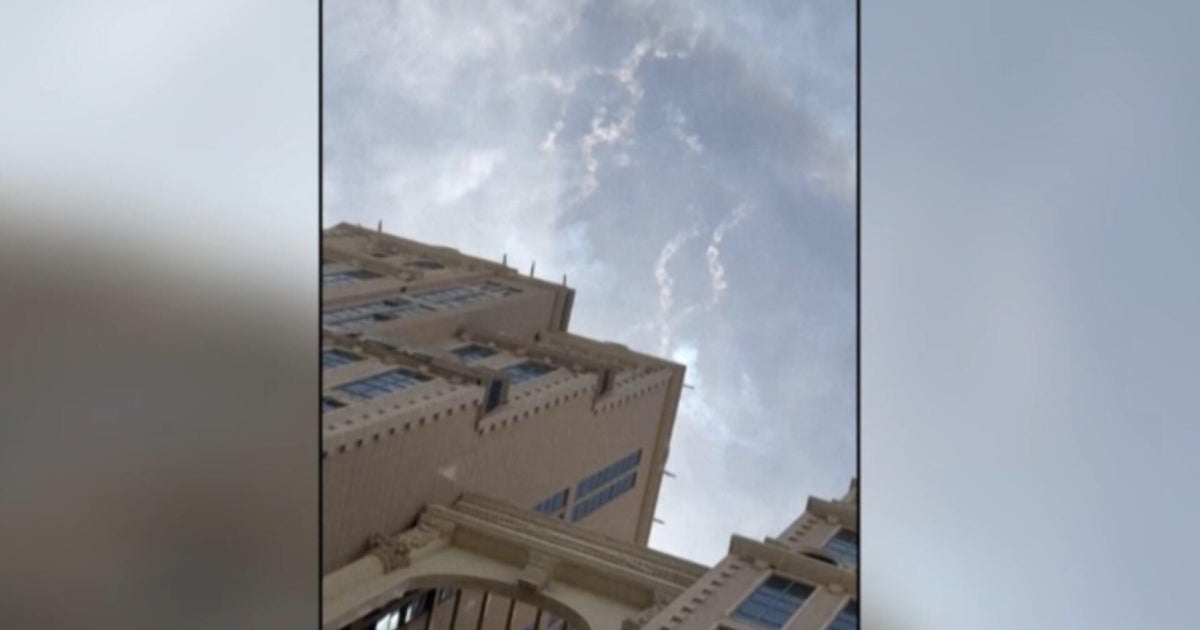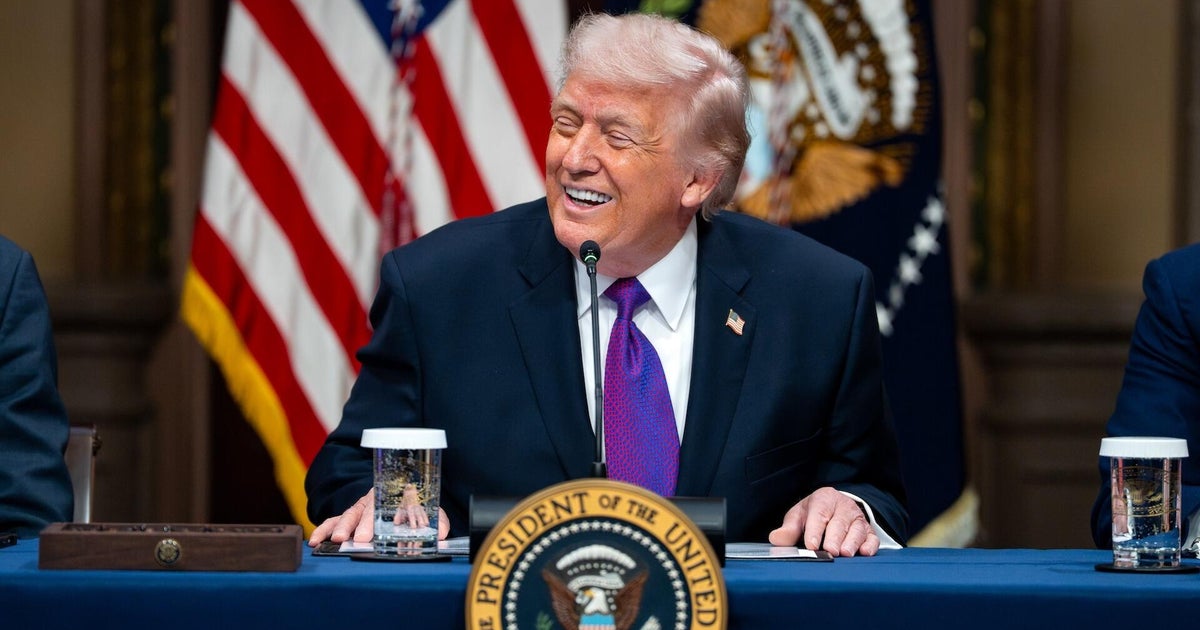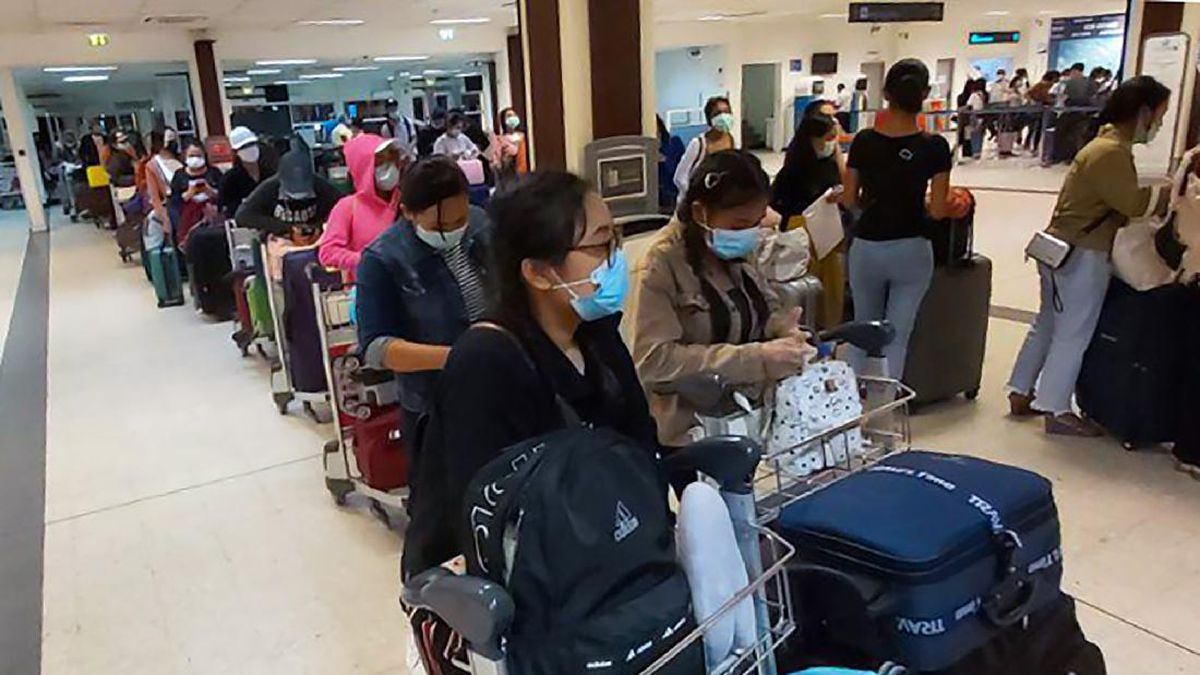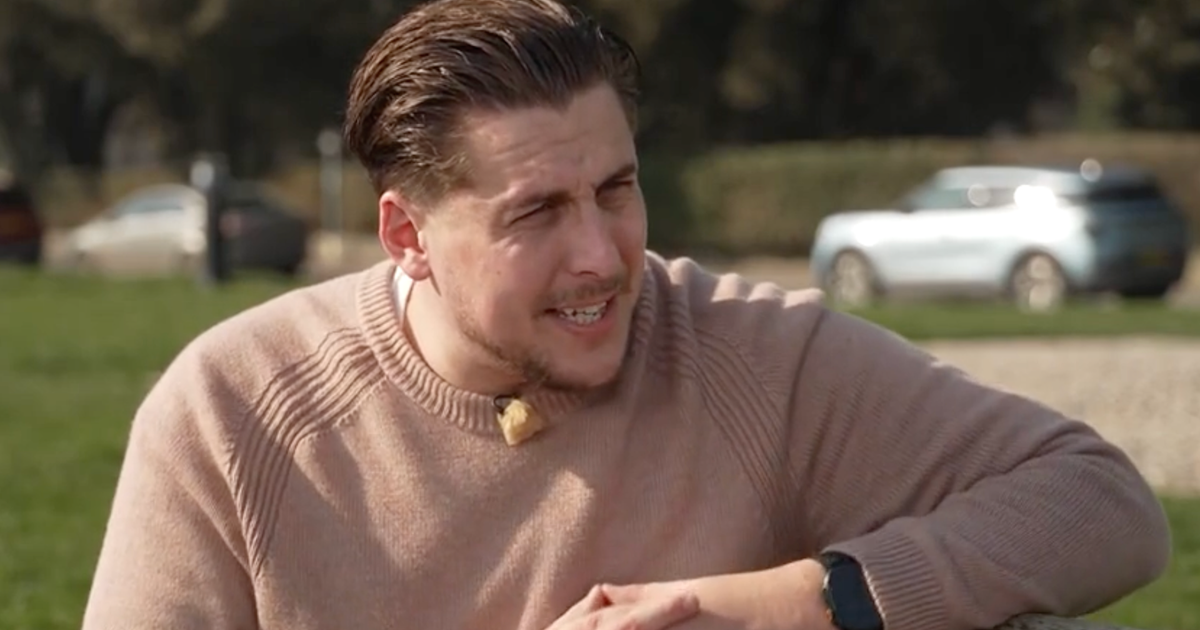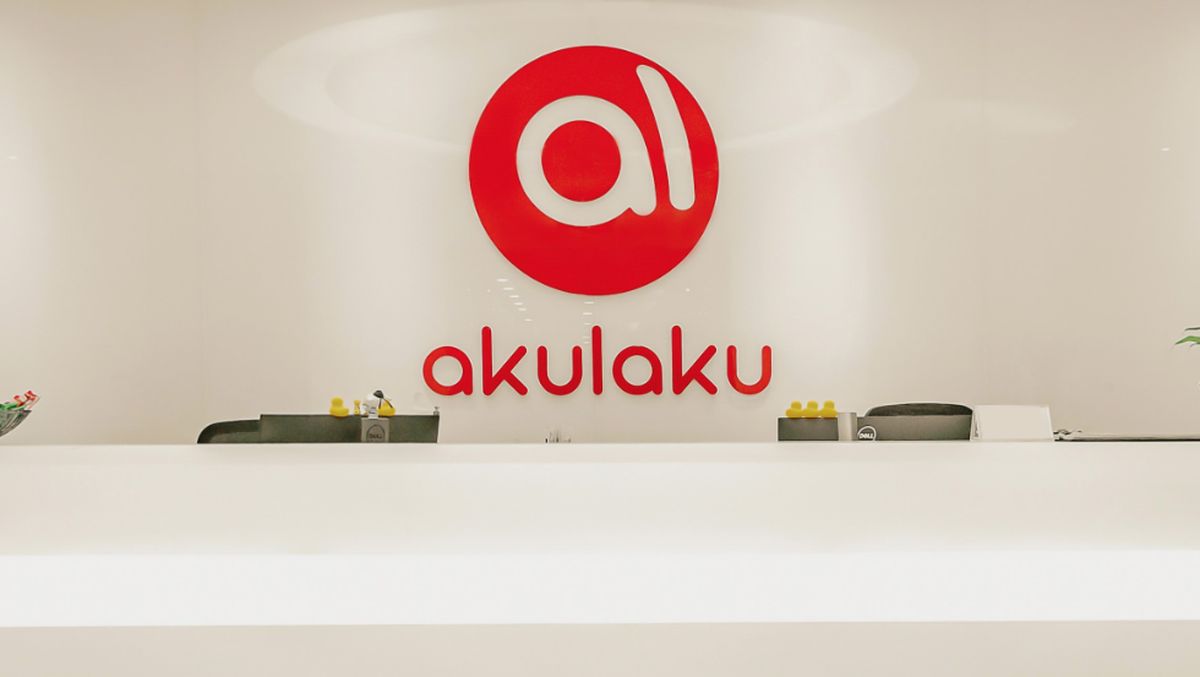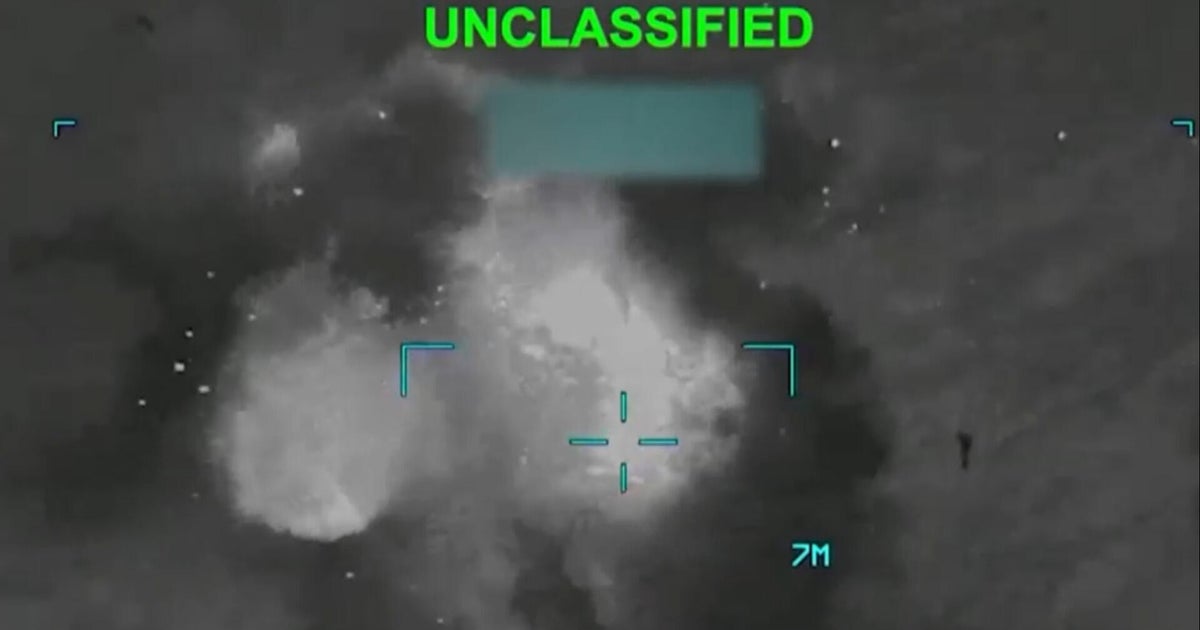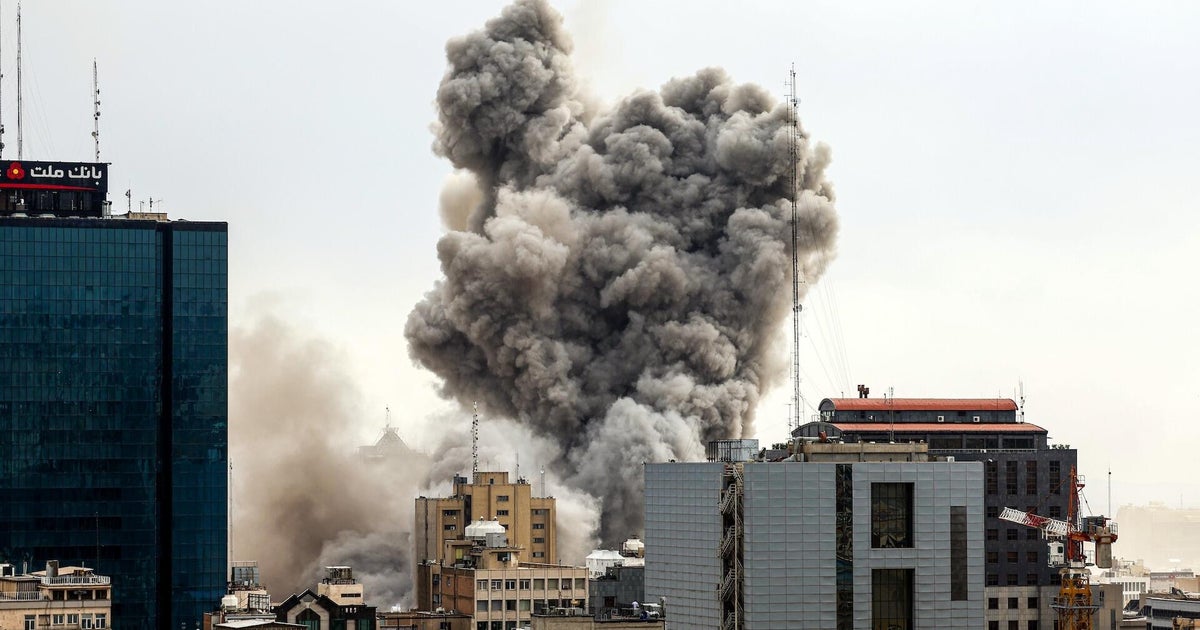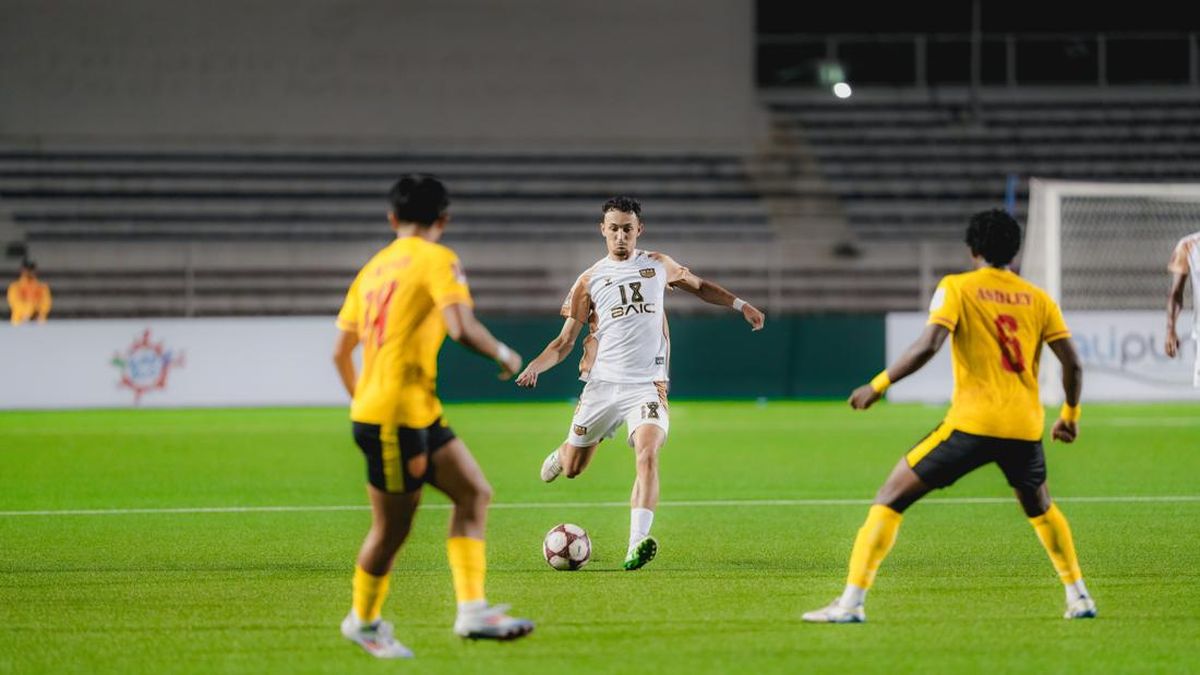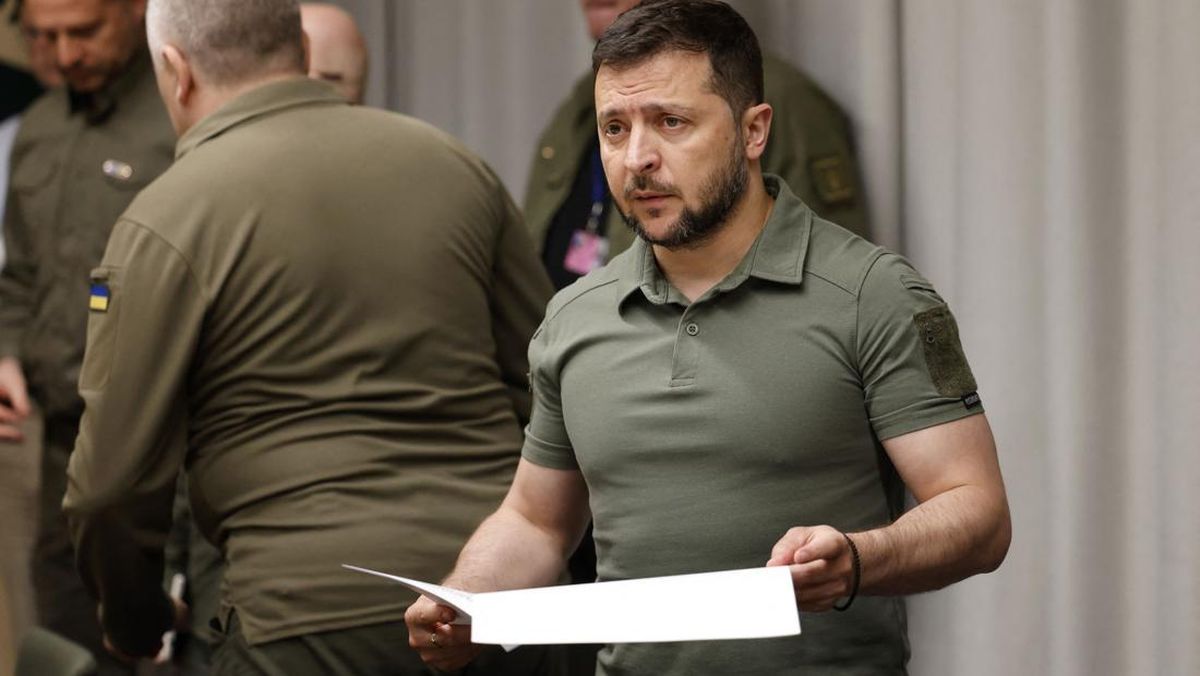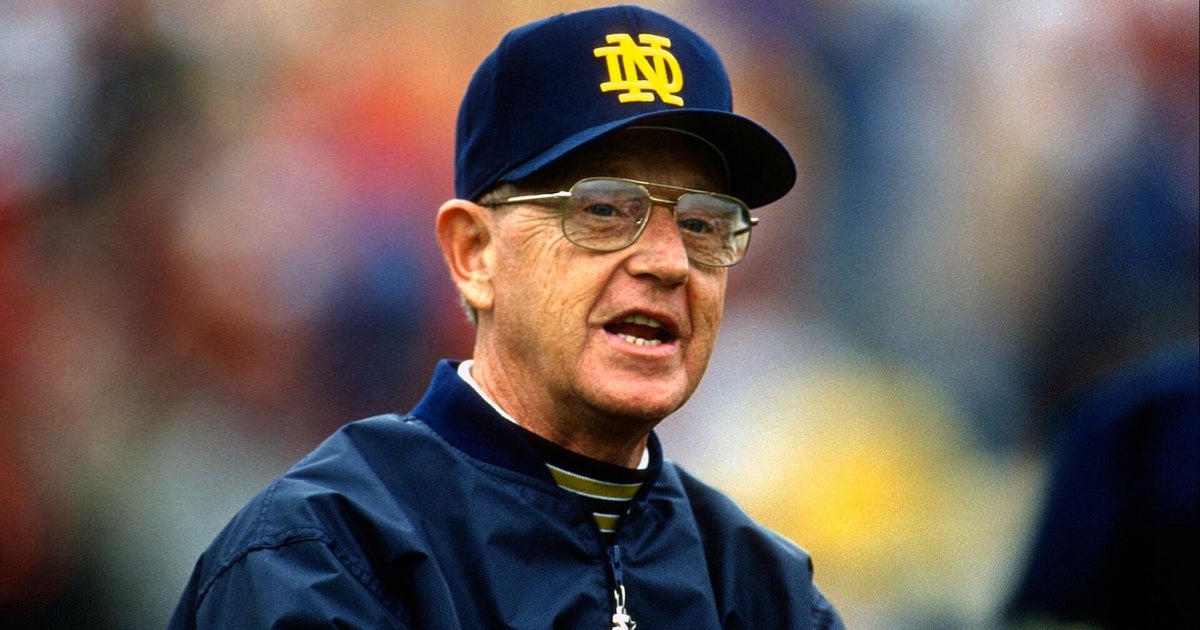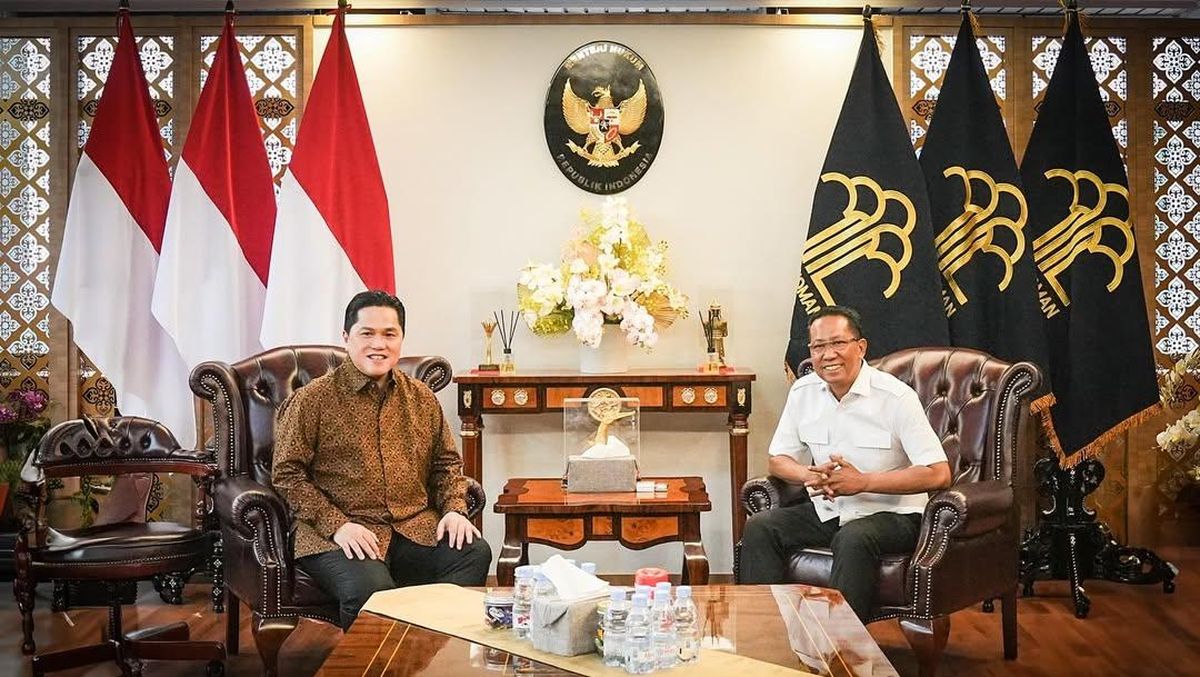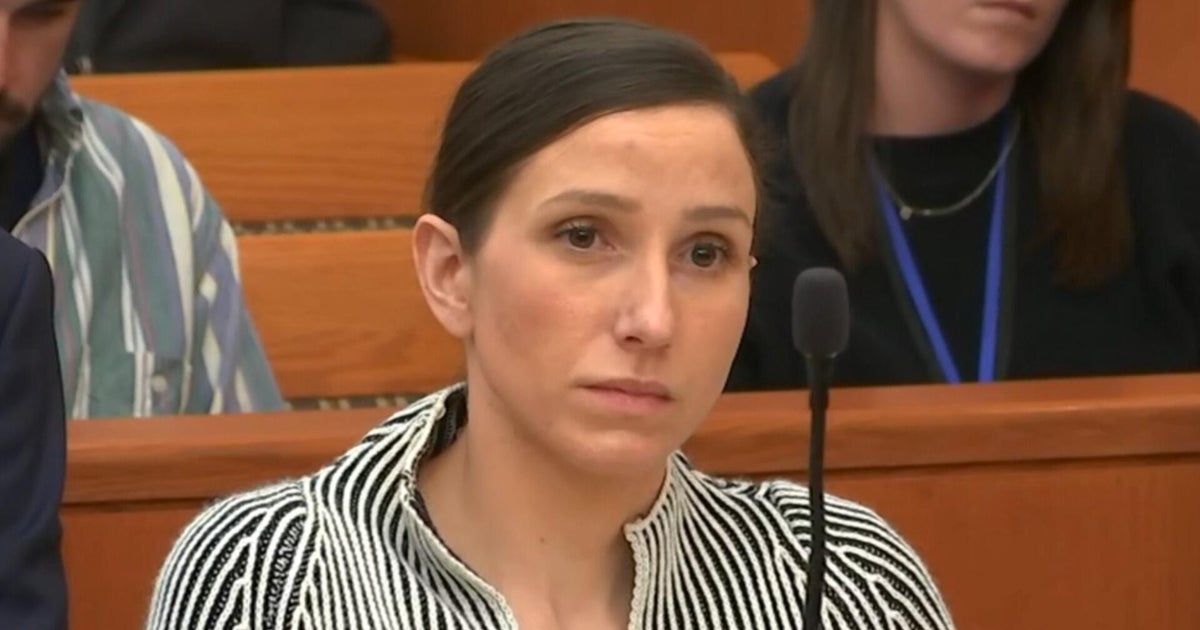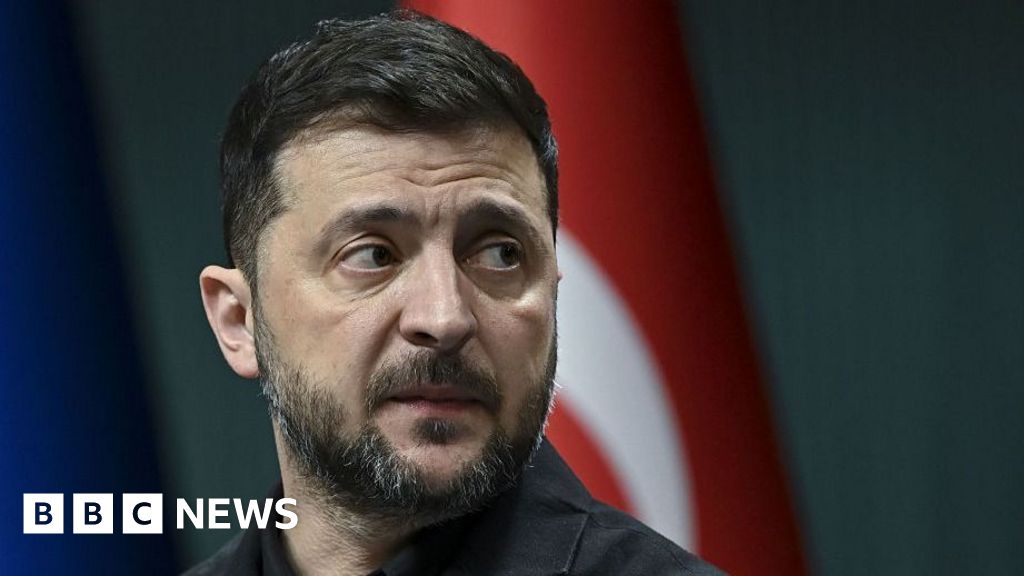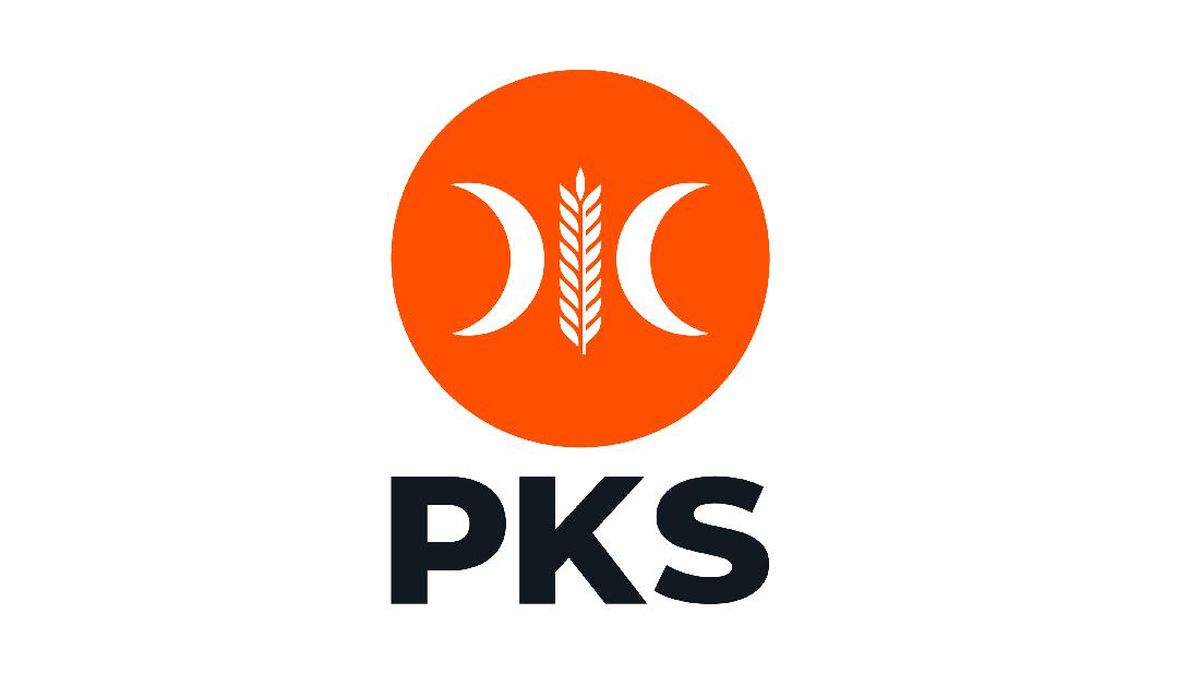Veteran VCE exam supervisors say the number of special exam arrangements given to students has gone “through the roof” in recent years.
Yet Russell Jackson and David Williams, who have two decades of combined experience as invigilators, say many students who have approval don’t actually use the arrangements.

Former teachers Russell Jackson (left) and David Williams oversee VCE exams. Credit: Joe Armao
Of the 459 students undertaking at least one exam at Caulfield Grammar in Melbourne’s inner south-east this year, about one in four (26 per cent) have provisions to sit their exams differently, including rest breaks, additional time or working on digital devices.
Williams, who taught at Caulfield Grammar for 26 years before returning as the school’s chief exam supervisor eight years ago, says he has seen a marked rise in the number of special arrangements.
“It has become incredibly complex and the potential for errors is very high,” Williams says, noting that this year’s English exam was facilitated across 11 rooms due to provisions. Exam rules state students on devices must be in a different room to those without provisions, and there must be one supervisor for every four students.
“I’ve had contact with people at other schools, and they say the same thing, the special exam arrangements have gone through the roof, really. Students do it because they want to protect themselves. Parents play a role too, they say you should try to get that special arrangement because that might help you.”
Exam provisions have been on a steady rise across the state, as the number of approvals has jumped by 185 per cent since 2015 – up from 3957 students to 11,305 students in 2024, according to the Victorian Curriculum and Assessment Authority (VCAA).
Of the 89,010 students who sat at least one exam in 2024, about 12.5 per cent received provisions. Mental health was the most common reason for approvals, comprising 43 per cent of students, followed by those with health impairments (22 per cent of provisions).
Approvals are primarily based on schools providing evidence to the VCAA, and outlining existing arrangements for the students.
In Victoria, private schools have proportionally had the biggest rise in approvals. Education authorities say an improved understanding of mental health and other medical problems has resulted in more students applying for exemptions.
‘The ones that do use it, you can see them relaxing or trying to refocus, and I think it works really well for them. But the vast majority, in my experience, don’t take it.’
Exam supervisor David WilliamsStill, Williams says students often didn’t use their break provisions, which are typically 10 minutes every hour, and added to the end of the exam time.
“The ones that do use it, you can see them relaxing or trying to refocus, and I think it works really well for them. But the vast majority, in my experience, don’t take it,” he says.
Invigilators, who are casuals employed by the school for exams, start their shifts at least an hour before exams to lay out student numbers and answer booklets.
Loading
They remove exams from a safe, address student questions, check bathrooms for prohibited material, and have a stash of spare pens and erasers at the ready. At the end of each day, Williams takes the completed papers home before a courier collects them and takes them for marking.
The preparation work involved can be itself a test, Williams says, but the bottom line is: “It doesn’t matter what else goes on beforehand or the panic about anything, when the kids are there we’re relaxed, and we’re there just to support them.”
For Jackson, 80, a former English and history teacher at Caulfield Grammar and an alumnus himself, the most rewarding aspect of being an invigilator is seeing the children of his former students sitting exams.
“Sometimes I go up to a student after the exam and say, ‘I taught your father.’ And they look absolutely stunned and then delighted,” he says.
In 13 years in the role, Jackson says he has only experienced two incidents of concern: once when a student brought a calculator into an exam that didn’t permit its use, but didn’t use it; and when he found a note that appeared like a cheat sheet, but later proved irrelevant to the exam material.
He acknowledges time can feel slow during a three-hour exam. “There are times when you become really quite drowsy,” he says with a laugh. “It gives me time to think about all sorts of things, and ponder about my own schooling and growing up and how different it would have been in my exams.”
VCAA chief executive Andrew Smith says the increase in special arrangement provisions means there is a greater need for exam supervisors.
“We’re fortunate to have people from a whole range of walks of life, but those former teachers, former educators, who still want to give back to young people, this is an opportunity for them to do it. We are really grateful to all the people who help make the exams a success.”
Most Viewed in National
Loading




